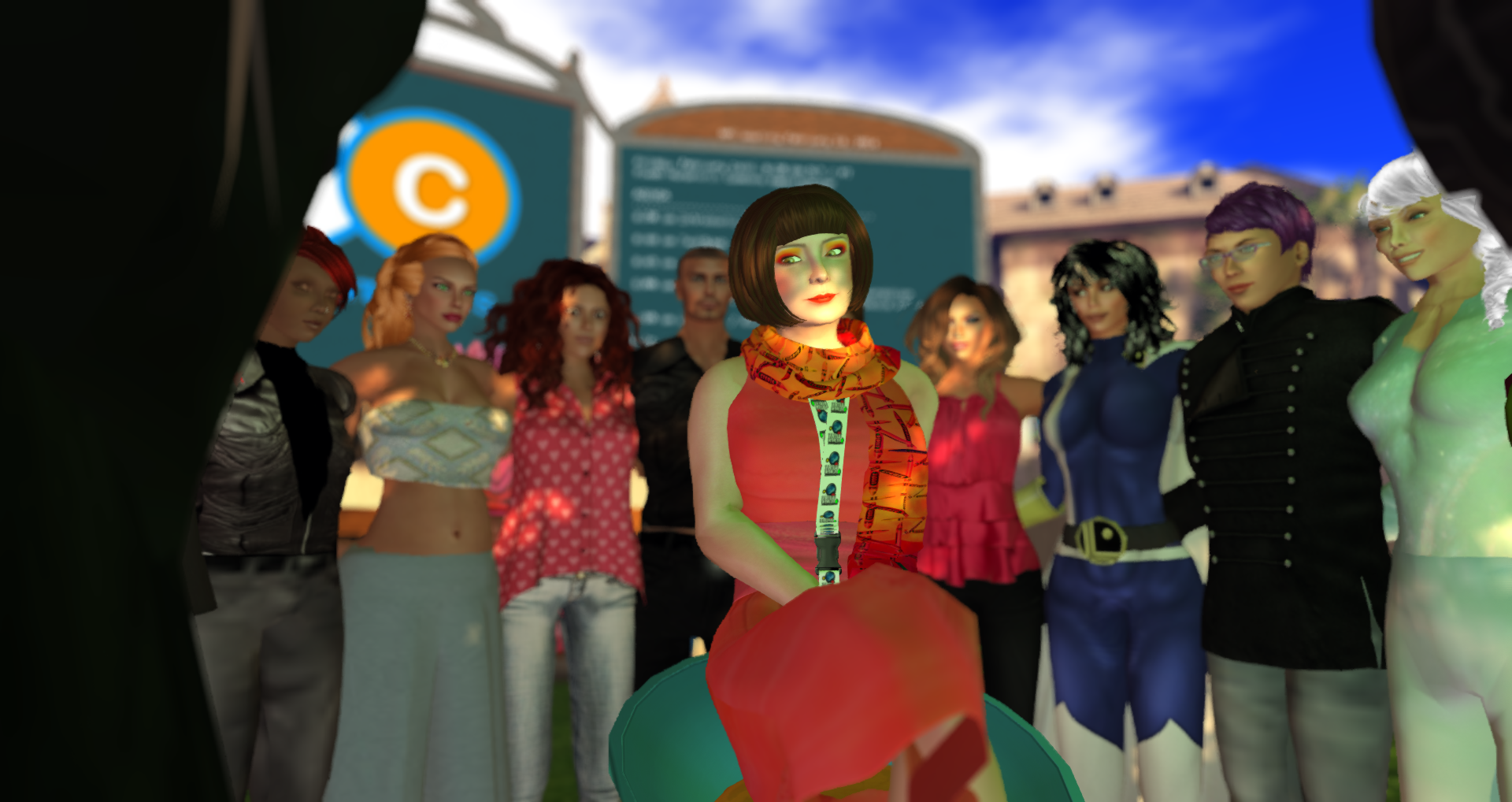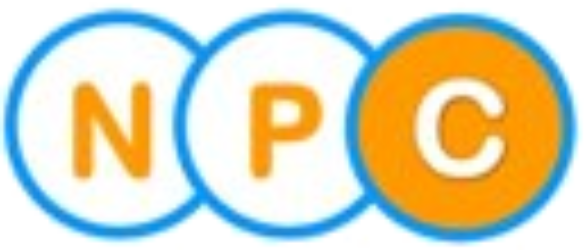 Written by guest blogger, MeiMei Fox, @meimeifox and cross-posted to TechSoup blog.
Written by guest blogger, MeiMei Fox, @meimeifox and cross-posted to TechSoup blog.
 Ben Rigby of the Extraordinaries spoke at the SF Online Community MeetUp and got the conversation rolling on micro-volunteering and building mobile communities.
Ben Rigby of the Extraordinaries spoke at the SF Online Community MeetUp and got the conversation rolling on micro-volunteering and building mobile communities.
Update: Ben Rigby’s presentation on SlideShare.
The Opportunity: Why don’t people volunteer?
They don’t have time. Or so we say. Yet we play hundreds of hours of solitaire. We watch 1 billion YouTube videos and spend 270 million hours on Facebook every day. With that time, we could build 40 Empire State Buildings every year. So we have spare time. We have instant internet access thanks to smart phones, and even in the developing world people have mobile phones. And surveys show that we want to help – so there is a desire.
The Solution: Micro-volunteering!
You can volunteer in minute moments, like when you’re standing in line at the post office- you don’t need to go anywhere. You can do it from your mobile phone- you don’t even need to be on a computer or have internet access. Obama raised $500 million, $80 at a time through crowdsourcing micro-donations. The Extraordinaries is doing the same thing for volunteering.
Here are a few examples:
Google image labeler is a technology where you see an image, and you write tags describing what you see. That meta-data makes the image accessible to search engines. So the Extraordinaries built an app whereby, as a volunteer, you could scroll through images and tag them for non-profits like the Smithsonian, which has archives of millions of photos that are untagged and therefore unsearchable.
One day after the Jan 12 earthquake in Haiti, the Extraordinaries turned this technology into a way to find missing persons. They brought images in from news agencies, then put together a survey asking their volunteers to identify what they saw: “Can you see a person in this photo? Age? Gender? Buildings nearby?” People would add meta-data to the photos, and the Extraordinaries created a search engine that allowed you to narrow down images from the news based on this info. You could type in, for example “young, female, pink shirt” and it would narrow down thousands of images to 50 photos. Then they pulled the missing persons feed from Google’s database, and had volunteers sift through one-by-one: Do you see the missing person in the photo on the right in this photo on the left? They found 24 missing persons in this way!
Another example of an Extraordinaries app was when they asked micro-volunteers to find defibrillators, take a picture, and tag them with mapping software. This generated a map of defibrillators everywhere, which is vital because emergency responders only have ten minutes to get to a defibrillator before a person dies from a heart attach.
 The Extraordinaries is a for-profit company, in that it wants to generate enough revenue to be self-sustaining. Its original funding came from angel investors, and grants they won from Netsquared and the Knight Foundation. They tried selling their micro-volunteering services to non-profits, but it didn’t work—the non-profits all said no. So now the Extraordinaries offer their services to non-profits free of charge. But they’re selling their services to corporations. 92% of Fortune 500 companies have volunteering efforts, and The Extraordinaries allows them to add an online component to their existing programs.
The Extraordinaries is a for-profit company, in that it wants to generate enough revenue to be self-sustaining. Its original funding came from angel investors, and grants they won from Netsquared and the Knight Foundation. They tried selling their micro-volunteering services to non-profits, but it didn’t work—the non-profits all said no. So now the Extraordinaries offer their services to non-profits free of charge. But they’re selling their services to corporations. 92% of Fortune 500 companies have volunteering efforts, and The Extraordinaries allows them to add an online component to their existing programs.
Unlike VolunteerMatch or Idealist, the Extraodrinaries operates on a networked model. The key is many people doing many, small bits of work that add up to task completion.
The main problem the Extraordinaires is having at the moment is attrition. People register—the iPhone app has over 40,000 downloads—but then they get bored after four days and stop volunteering. So the company’s top priority is to figure out how to build community in order to keep people engaged. How can the Extraordinaries make micro-volunteering as exciting and fun as Farmville?
They know that people don’t like interacting in a vacuum. At first, people had no way of knowing who else was volunteering or, even more importantly, of sharing what they were accomplishing. So now the Extraordinaries has started to add community features, such as being able to Like a piece of advice that someone gives to a non-profit, or being able to share how many hours you’ve volunteered with your friends/team members. But they’re still looking for solutions to this issue – so please share your ideas with BeExtra.org!
Written by: penguin kuhn

